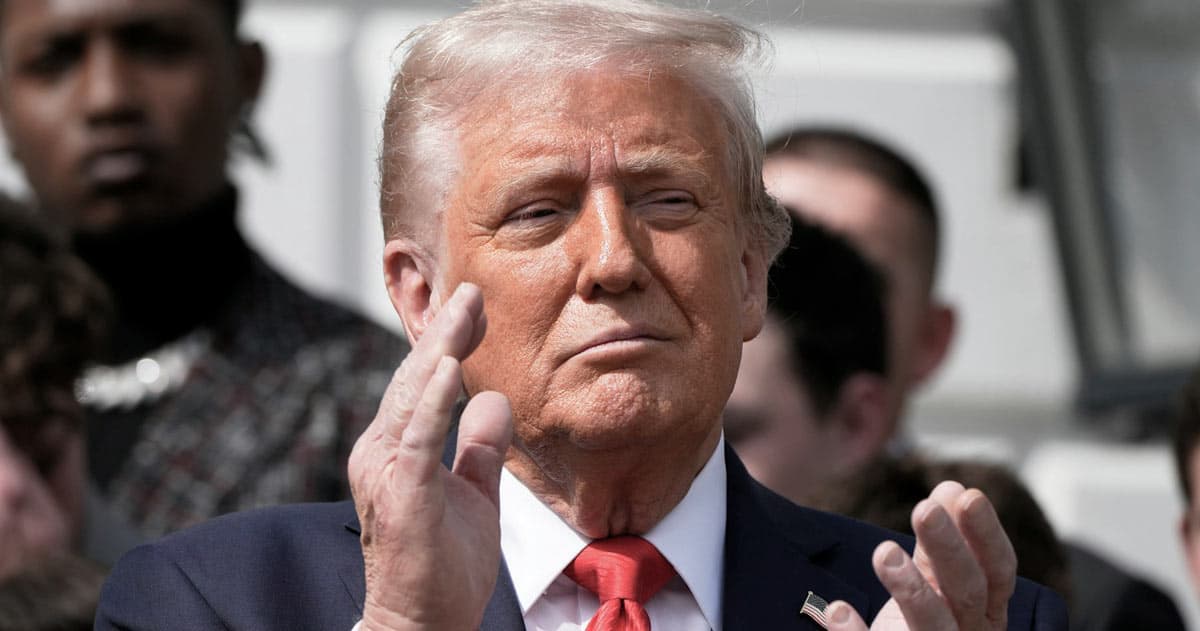The United States Supreme Court has been called on to take action against Democrat-aligned federal judges across the country who are using their powers to block President Donald Trump’s policies with nationwide injunctions.
The request to the high court was made by the U.S. Department of Justice (DOJ) on Thursday.
Solicitor General John Sauer asked the SCOTUS to limit the scope of federal judges’ ability to issue nationwide injunctions.
Sauer argues that the courts have overstepped the authority given to them in Article III of the Constitution.
The case stems from three universal injunctions that were placed on an executive order from Trump.
Trump’s order directs his administration not to grant birthright citizenship to children born to illegal aliens residing in the United States.
“It is a feature, not a bug of Article III, that courts grant relief to the people who sue in front of them,” Sauer said as he took questions from the justices.
“So the notion that relief has to be given to the whole world because others who have not taken the time to sue are not before the courts is something that results in all of these problems.”
Sauer said that universal injunctions lead to “rampant forum shopping” and “require judges to make rushed, high-stakes, low-information decisions.”
He noted that they also “force the government to win everywhere,” while those challenging the government only need a victory at one court.
In a press call on Tuesday, a DOJ official noted that 35 of the 39 total universal injunctions issued against the Trump administration have come from the same five courts.
Those five courts are the districts of Massachusetts, Maryland, Washington, D.C., Northern California, and Western Washington.
Justices largely focused on procedural questions and only touched lightly on whether Trump’s executive order on birthright citizenship was legal.
The liberal wing of the high court, including Justice Sonia Sotomayor, kept asserting that Trump’s actions to restrict birthright citizenship were unconstitutional.
Sotomayor also took issue with Sauer’s arguments that injunctions should only apply to the parties that specifically sued.
She claimed that a president could hypothetically ban all guns, and each gun owner would then need to seek individual relief if the court were to take the DOJ’s position.
On the other side, Justice Clarence Thomas, one of the most conservative members of the court, appeared very skeptical of universal injunctions in his questions.
“So we survived until the 1960s without universal injunctions?” Thomas asked Sauer.
“That’s exactly correct,” the solicitor general replied.
Justice Brett Kavanaugh also pushed Sauer to discuss how Trump’s executive order on birthright citizenship would be carried out.
Sauer replied that the administration never got the opportunity to develop its framework because it was blocked just days after the order was issued.
Trump weighed in on the case from the Middle East.
In a post on Truth Social, Trump noted that birthright citizenship was meant for slaves, and not for “people pouring into our Country from all over South America, and the rest of the World.”
“Big case today in the United States Supreme Court,” Trump wrote.
“Birthright Citizenship was not meant for people taking vacations to become permanent Citizens of the United States of America, and bringing their families with them, all the time laughing at the ‘SUCKERS’ that we are!
“The United States of America is the only Country in the World that does this, for what reason, nobody knows — But the drug cartels love it.”
READ MORE – Activist Judge Hannah Dugan Could Face 6 Years in Prison, Huge Fine for Blocking ICE

Our comment section is restricted to members of the Slay News community only.
To join, create a free account HERE.
If you are already a member, log in HERE.